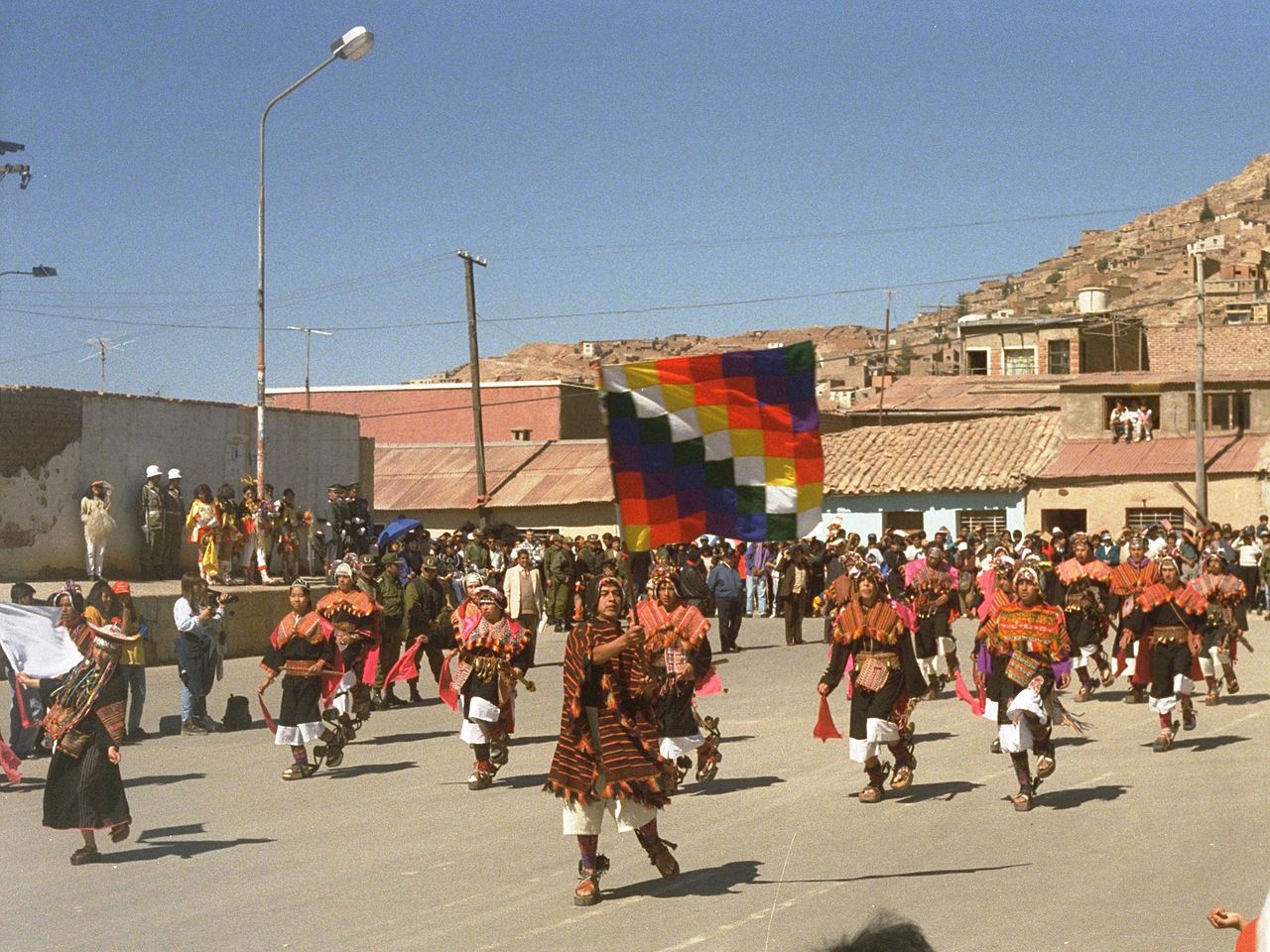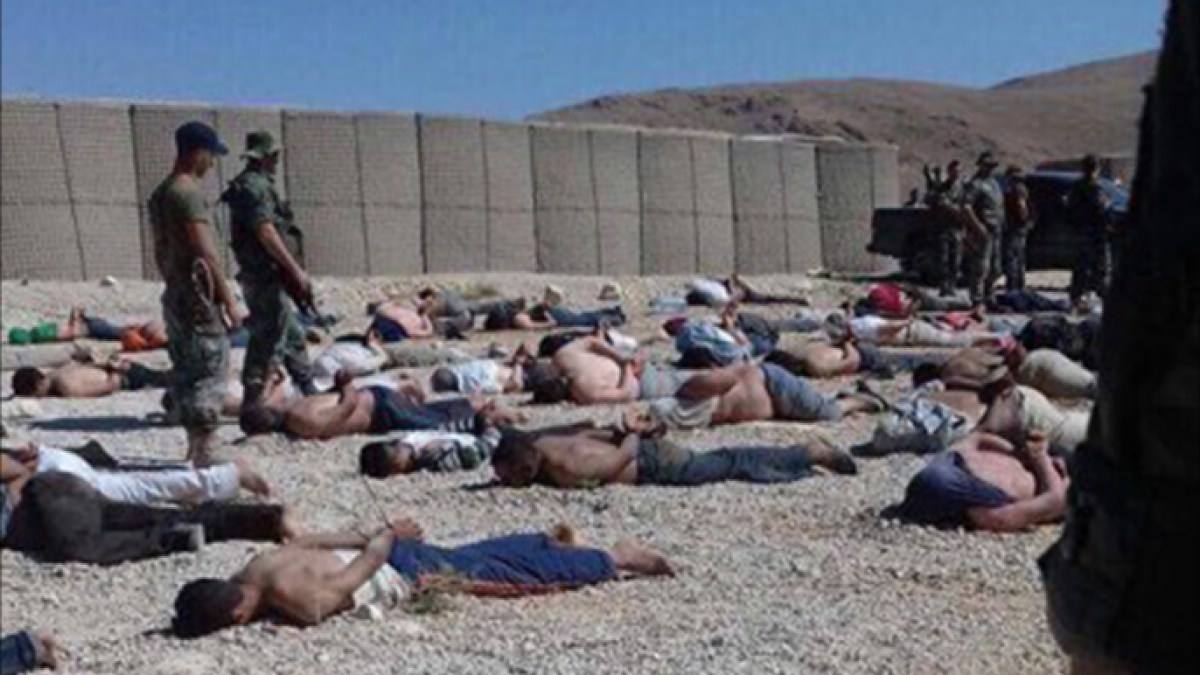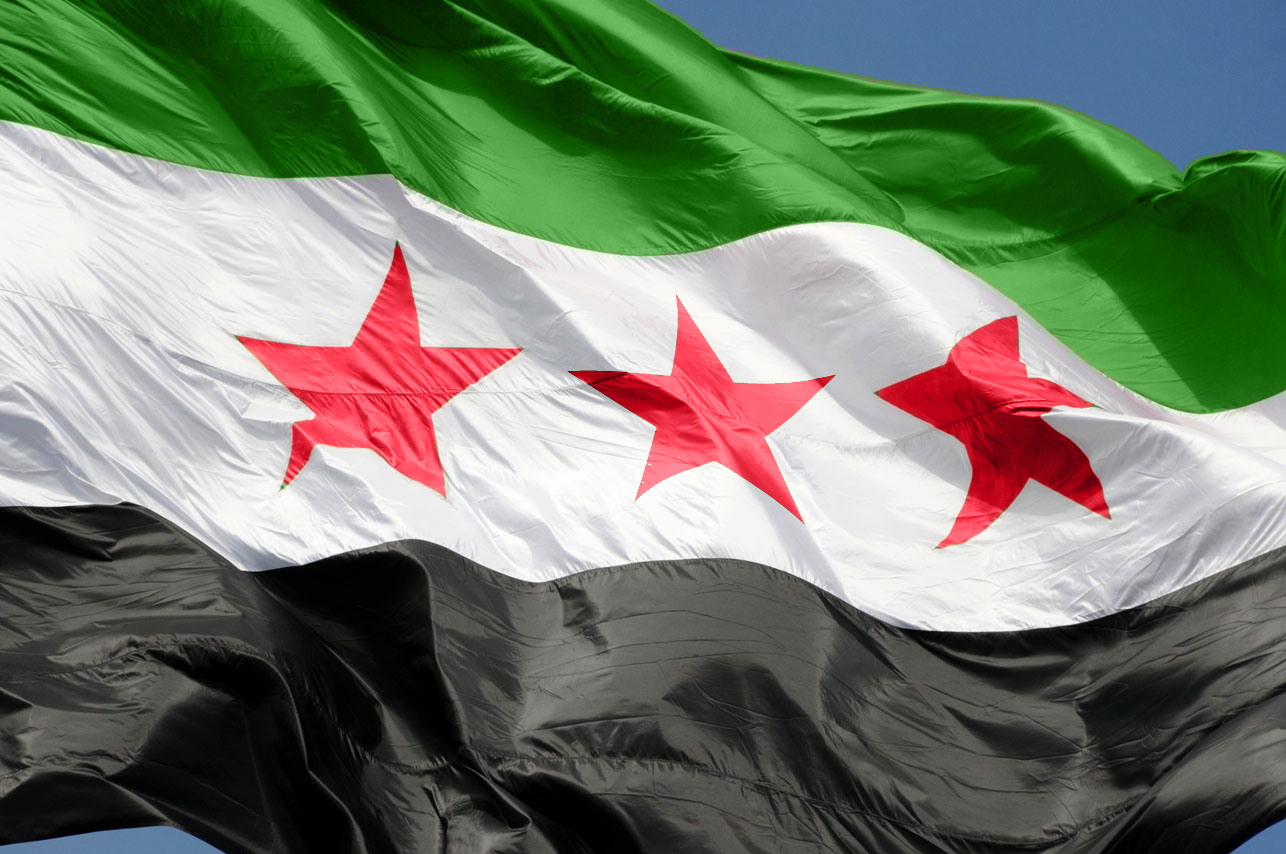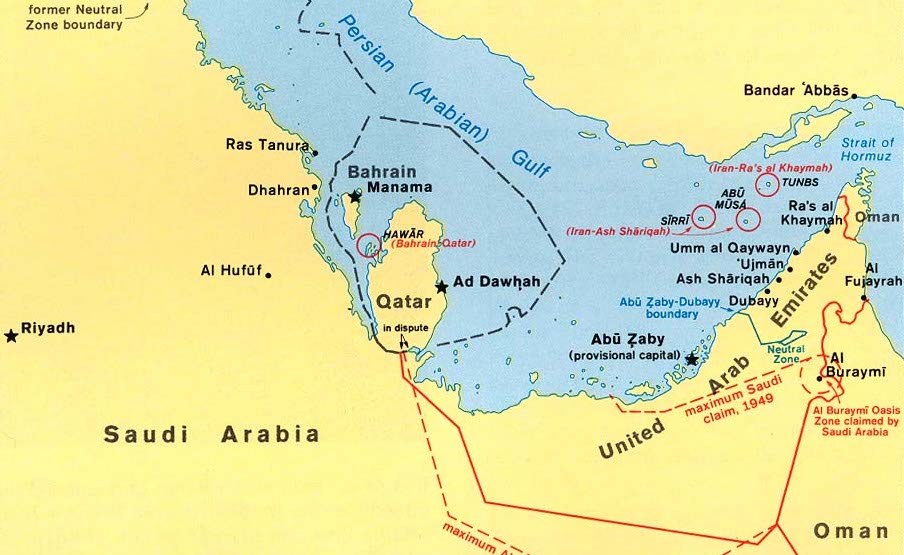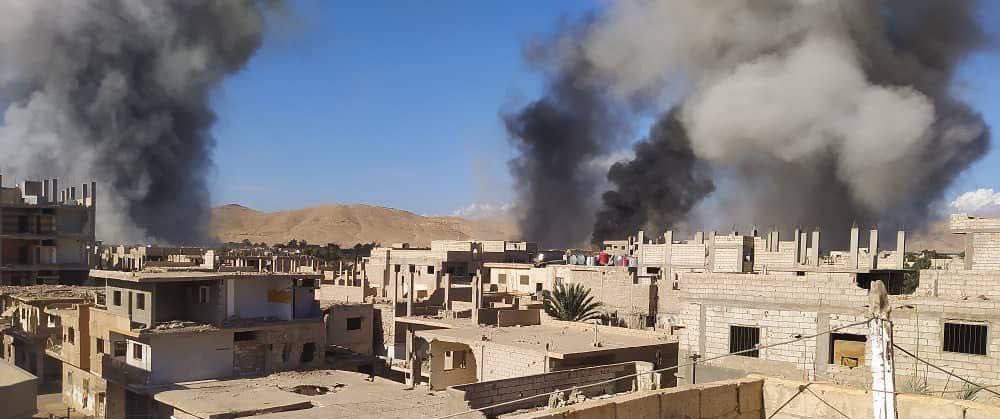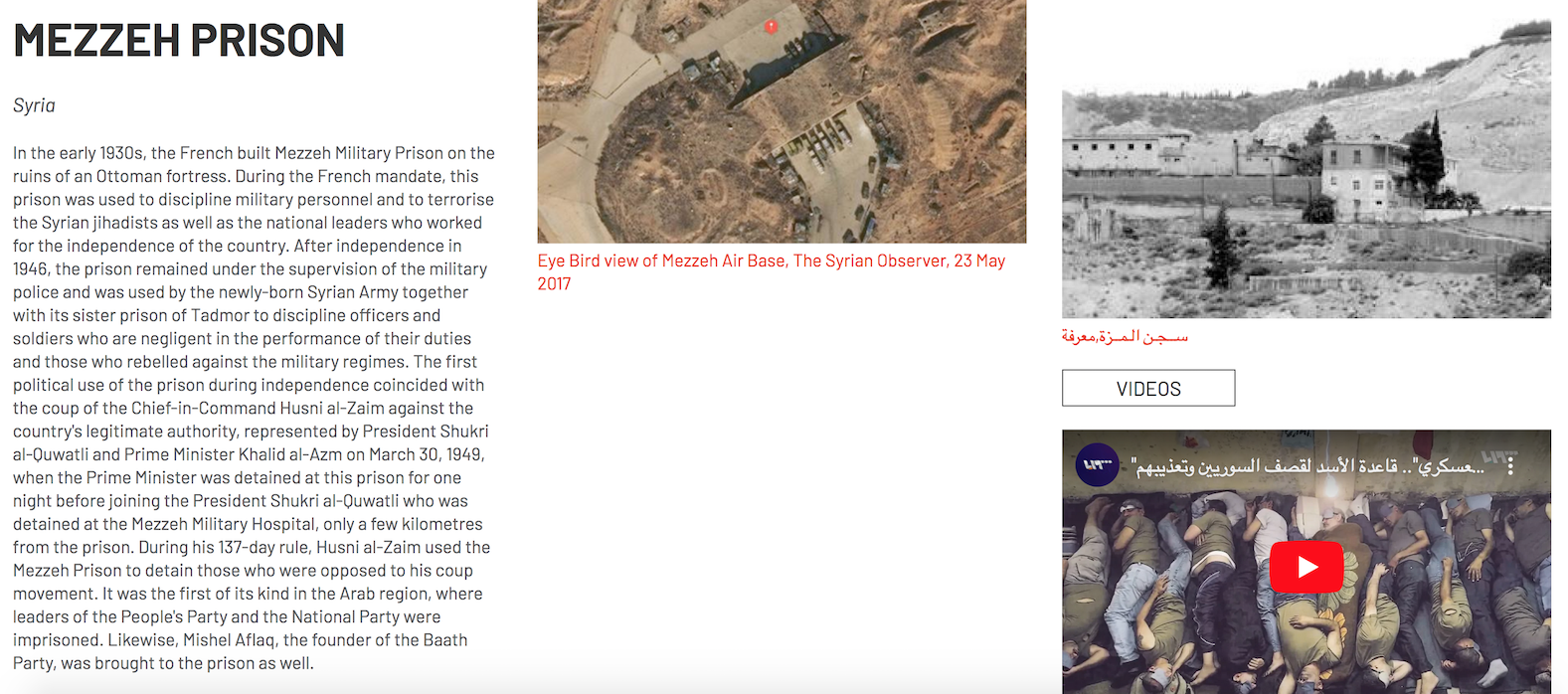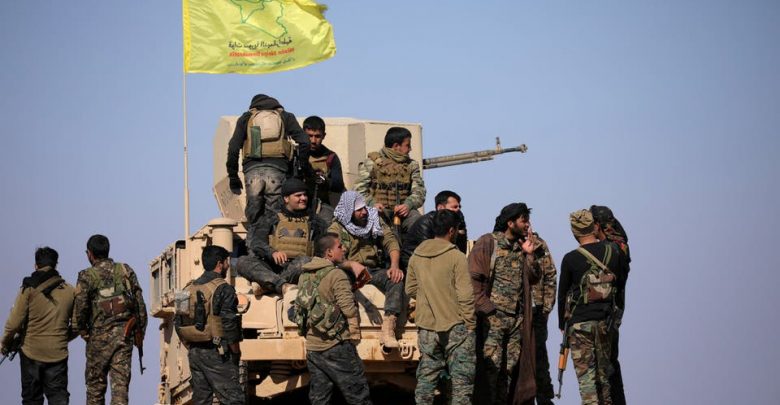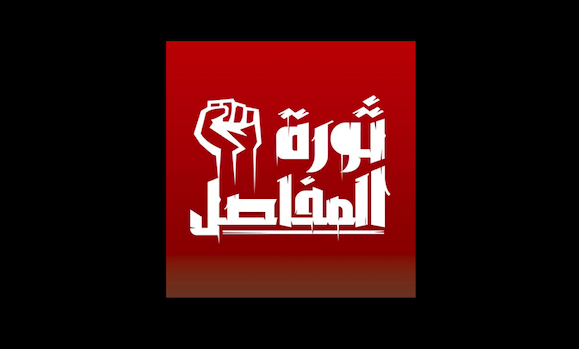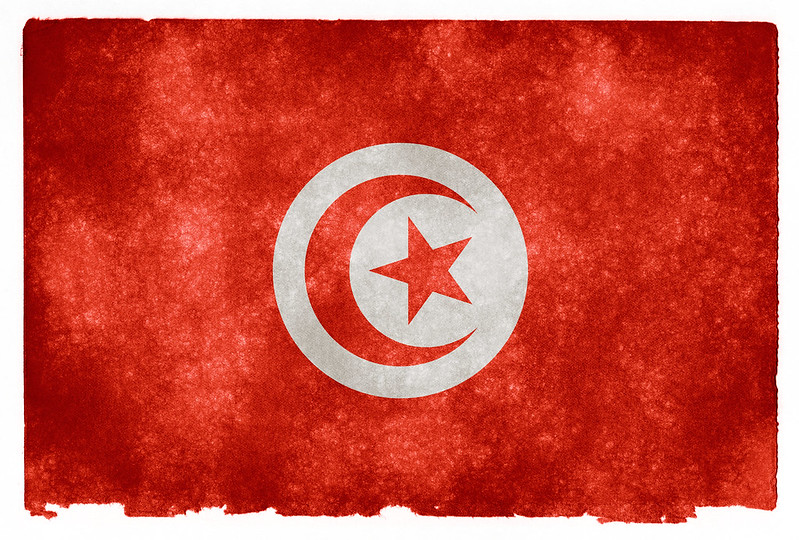
Tunisia: activist gets death sentence for Facebook post
Human Rights Watch (HRW) released a statement condemning the Tunisian justice system for sentencing a man to death for Facebook posts dissenting from government actions. Saber Ben Chouchane was sentenced for posting pictures of himself at recent protests, and statements calling for citizens to take to the streets to demand the release of political prisoners on the upcoming anniversary of the Tunisian revolution of January 2011. HRW called for the Tunisian government to “stop detaining and prosecuting people solely for exercising their right of expression.” (Image: Grunge Love)



